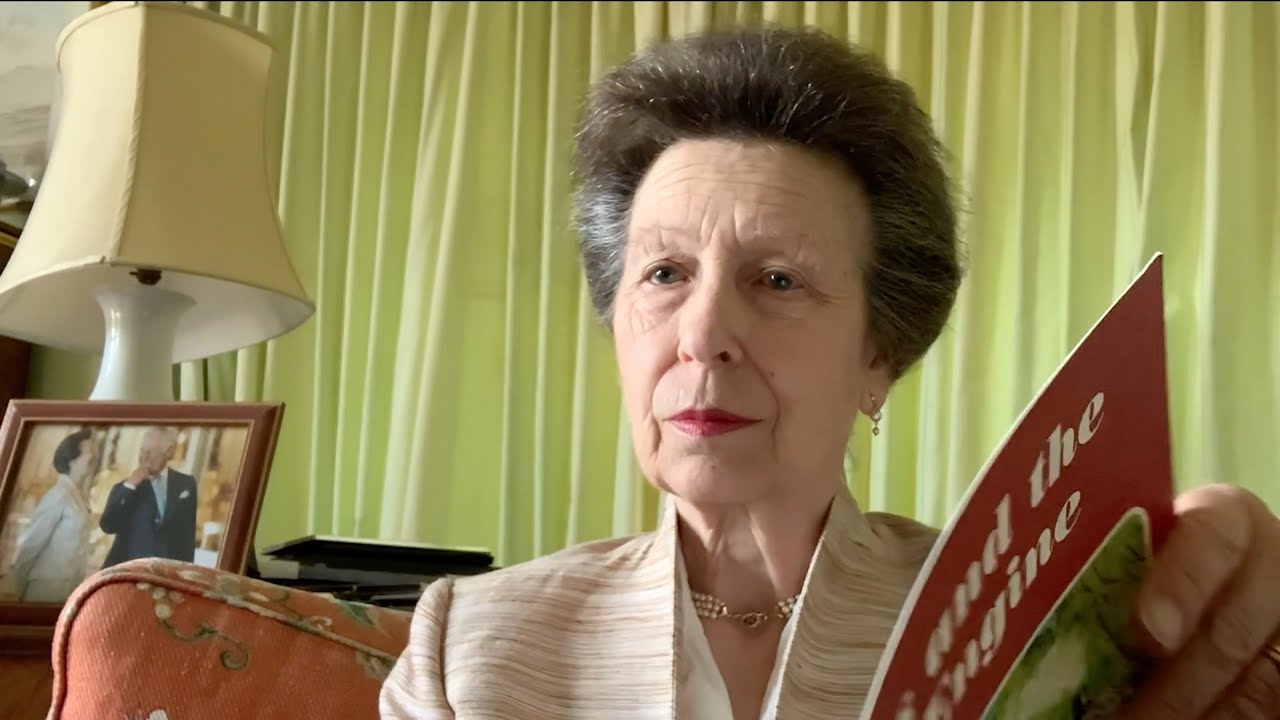British Heritage
Remember, Cherish, Learn.
beta
Save the Children
Contribution of Save the Children to British Heritage.
Save the Children, founded in the United Kingdom in 1919, has made significant contributions to British Heritage through its tireless efforts to improve the lives of children both within the nation and across the globe. Established by Eglantyne Jebb and her sister Dorothy Buxton, the organization emerged as a response to the devastating conditions faced by children in Germany and Austria-Hungary during World War I. Initially known as the Save the Children Fund, it aimed to alleviate child starvation and deprivation caused by the Allied blockade of Germany.
From its inception, Save the Children demonstrated innovative fundraising techniques, using page-length newspaper advertisements and individual child sponsorship to raise substantial funds for its humanitarian endeavors. In 1920 alone, it raised an impressive equivalent of £8,000,000 in today's currency. These pioneering methods set a precedent for future charitable organizations and contributed to the growth of philanthropic culture in the UK, leaving a lasting impact on British Heritage.
One of the most significant contributions of Save the Children to British Heritage was its involvement in shaping the international approach to children's rights. In 1923, the organization's founder, Eglantyne Jebb, played a pivotal role in drafting the Declaration of Geneva, which laid out the fundamental rights of children. These principles were later adopted by the League of Nations and formed the foundation for the United Nations Convention on the Rights of the Child, established in 1989. The Convention is now the most widely ratified human rights treaty globally, reaffirming the importance of safeguarding children's welfare and well-being worldwide.
Save the Children's role in advancing children's rights and protection has given rise to a stronger commitment to humanitarian values within the UK and has influenced the country's advocacy on an international level. The organization's ongoing efforts to protect children in conflict zones, provide emergency aid during natural disasters, and improve access to education and healthcare have shaped British Heritage by promoting compassion, empathy, and a sense of responsibility towards vulnerable populations worldwide. Through its steadfast dedication to serving children in need, Save the Children has become an integral part of British Heritage, fostering a legacy of caring and making a positive impact on the lives of countless children across generations.
From its inception, Save the Children demonstrated innovative fundraising techniques, using page-length newspaper advertisements and individual child sponsorship to raise substantial funds for its humanitarian endeavors. In 1920 alone, it raised an impressive equivalent of £8,000,000 in today's currency. These pioneering methods set a precedent for future charitable organizations and contributed to the growth of philanthropic culture in the UK, leaving a lasting impact on British Heritage.
One of the most significant contributions of Save the Children to British Heritage was its involvement in shaping the international approach to children's rights. In 1923, the organization's founder, Eglantyne Jebb, played a pivotal role in drafting the Declaration of Geneva, which laid out the fundamental rights of children. These principles were later adopted by the League of Nations and formed the foundation for the United Nations Convention on the Rights of the Child, established in 1989. The Convention is now the most widely ratified human rights treaty globally, reaffirming the importance of safeguarding children's welfare and well-being worldwide.
Save the Children's role in advancing children's rights and protection has given rise to a stronger commitment to humanitarian values within the UK and has influenced the country's advocacy on an international level. The organization's ongoing efforts to protect children in conflict zones, provide emergency aid during natural disasters, and improve access to education and healthcare have shaped British Heritage by promoting compassion, empathy, and a sense of responsibility towards vulnerable populations worldwide. Through its steadfast dedication to serving children in need, Save the Children has become an integral part of British Heritage, fostering a legacy of caring and making a positive impact on the lives of countless children across generations.
- Save the Childrenen.wikipedia.org







